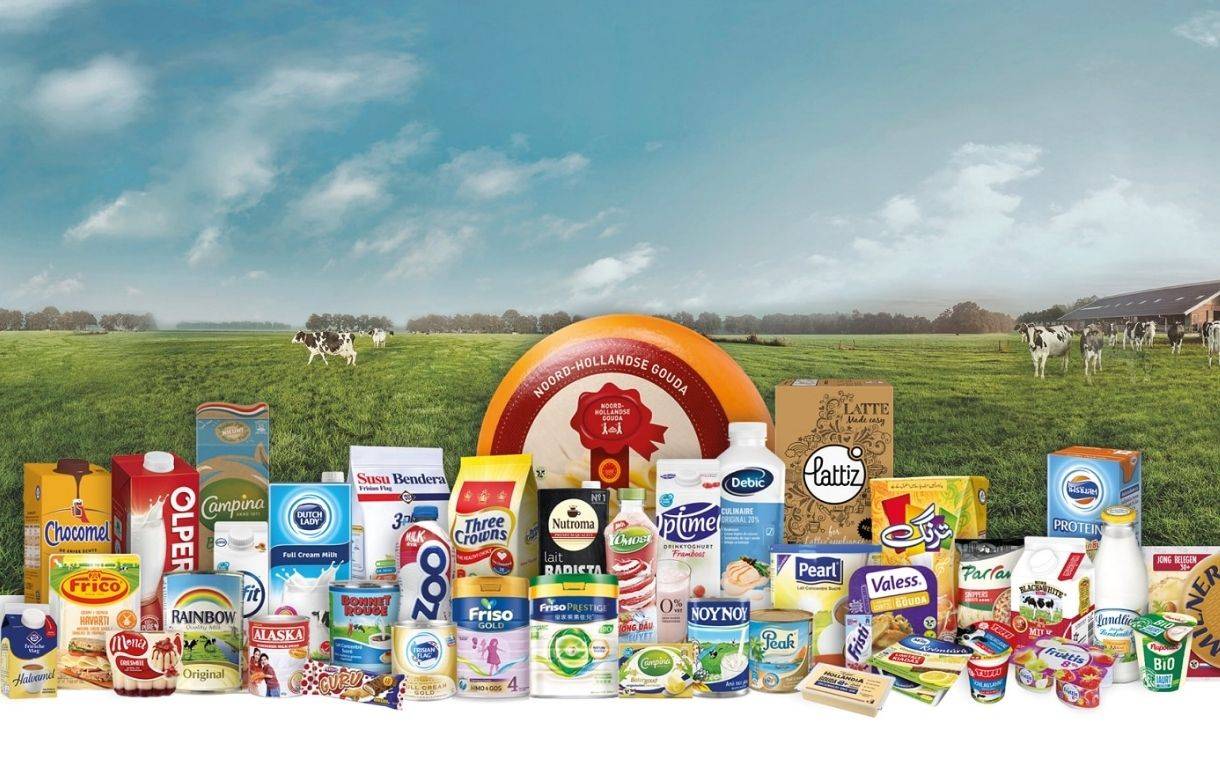FrieslandCampina, a prominent Dutch dairy cooperative, has unveiled a comprehensive cost-saving strategy that includes cutting 1,800 jobs across its global operations over the next two years. This strategic move, geared towards improving profitability, is projected to yield savings of up to €200 million ($215 million) and forms a pivotal component of the company’s ambitious plan to slash annual expenses by €400 million to €500 million by 2026.
Global Dairy Powerhouse
With a formidable presence in more than 100 countries, FrieslandCampina ranks as one of the world’s leading dairy cooperatives. Its product portfolio spans a wide spectrum, encompassing dairy staples such as milk and cheese, as well as vital components for the food and pharmaceutical sectors. The cooperative’s workforce currently spans 30 countries and comprises roughly 22,000 employees, underscoring its global significance.
Streamlining Operations for Efficiency
The decision to cut 1,800 jobs underscores FrieslandCampina’s commitment to operational efficiency and cost control. This ambitious workforce reduction initiative will require careful planning and execution to ensure that the company continues to meet the demands of its diverse international customer base while remaining competitive in an ever-evolving industry.
Related: Top Dairy Producers In The World
Financial Performance
In its financial report for 2022, FrieslandCampina reported a substantial turnover of €14 billion, a testament to its market dominance. Nonetheless, the dairy industry is not without its challenges, including fluctuating milk prices, shifting consumer preferences, and mounting environmental concerns. In response, FrieslandCampina is proactively adapting its operations to navigate these challenges while sustaining profitability. FrieslandCampina plans to cut 1,800 jobs worldwide in 2 years, aiming for €200 million savings to boost profitability and reduce annual costs by up to €500 million by 2026.
Navigating Industry Challenges
This strategic workforce reduction by FrieslandCampina reflects a proactive response to the multifaceted challenges confronting the dairy industry. By focusing on cost efficiency and profitability, the cooperative aims to maintain its position as a competitive and sustainable player in the global dairy market.
As FrieslandCampina embarks on this transformative journey, its actions are poised to shape not only its future but also the broader landscape of the dairy industry. Stakeholders, employees, competitors, and industry observers will closely monitor the cooperative’s progress as it strives to adapt to changing market dynamics while ensuring long-term sustainability.
Related: Fonterra’s Huge Profit Jump as Milk Prices Surge!
Source: Amsterdam, December 12, 2023 (Reuters)
